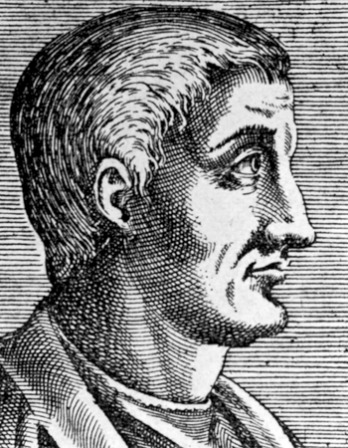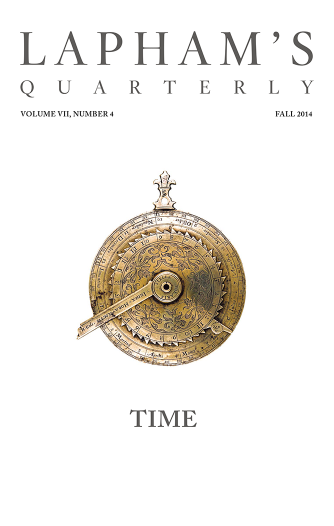Just so, don’t think that the holy seats of the gods
Are found in any region of the world.
Our minds can hardly see, remote from sense,
The slender substance of their deities.
As they ever elude the touch and the strike of our hands,
They cannot touch a thing that we can touch.
A thing can’t touch if it’s not touchable.
Therefore their dwellings also must be different
From ours, and be as subtle as their bodies.
Further, to say that for man’s sake the gods
Wished to prepare this glorious world, and therefore
It’s only right to praise their handiwork
And think it will be deathless and eternal—
Shocking, that what the gods in their timeless wisdom
Founded for mankind to outlast the ages
You should ever shake from its base by any force,
Pound it with words and topple it—Memmius, to
Invent such errors and paste them one to the next
Is stupid. What gain can our grateful hearts bestow
Upon the blessed immortal gods, that they
Might take one step to act on our behalf?
What innovation after such long peace
Can lure them on to wish to change their lives?
Only someone whom the old order thwarted
Takes joy in a new one; but if nothing irksome
Has ever befallen you down the beautiful ages,
What could enkindle a love for novelty?
Their lives, I suppose, lay sunk in sorrow and darkness
Until there dawned the birthday of the world?
And what did it hurt, that we had not been made?
Now whoever’s been born, he ought to want to stay
Alive, so long as pleasures keep their charm.
But for him who’s never tasted the love of life—
Never been on the roster—what harm, in not being born?
The model, moreover, first planted in their minds
For the very idea of man and the birth of the world,
Where did they get it? How could they see what to make?
How could they ever find out about first beginnings,
What those might make when you shuffle their order, if
Nature herself had given them no peek?
But many atoms jumbled in many ways,
Spurred on by blows through the endless stretch of time,
Are launched and driven along by their own weight
And come together and try all combinations,
Whatever their assemblies might create;
No wonder then, if into such arrangements
They happen also to fall, the tracks that would
Bring forth and still restore the universe.
But if I knew nothing of atoms, of what they were,
Still from the very ways of the heavens, from many
Other things I could name, I’d dare to assert
And prove that not for us and not by gods
Was this world made. There’s too much wrong with it!
From On the Nature of Things. Cicero once described Lucretius’ poetry as “touched by flashes of genius.” Lucretius had a deep contempt for the soothsayers and fortune-tellers, who stirred up religious fear; the first time he describes religion in his poem, it assumes the form of a monster in the sky. St. Jerome claimed that Lucretius was driven insane by a love potion and then committed suicide.
Back to Issue





